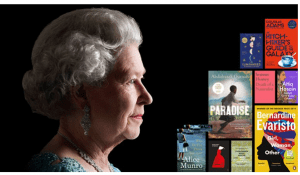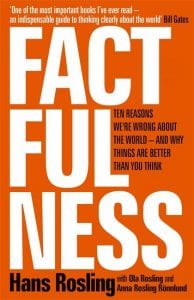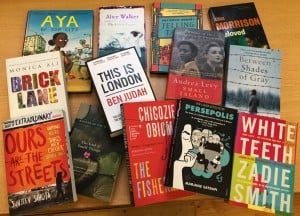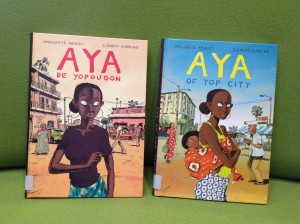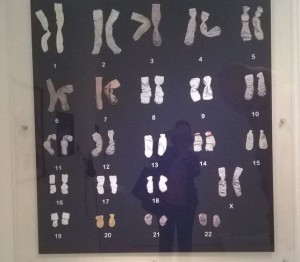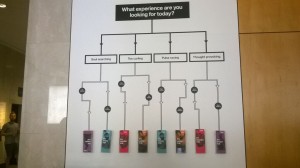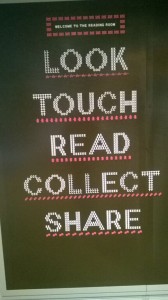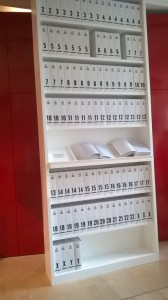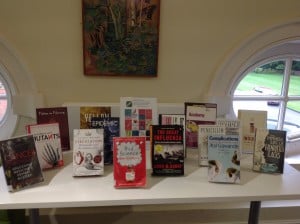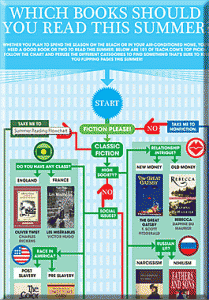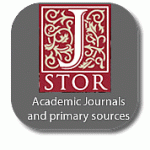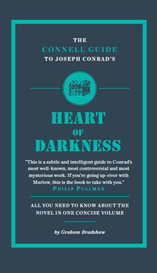To celebrate the Queen’s Platinum Jubilee the BBC has compiled the ‘Big Jubilee Read’ listing 70 great reads from across the Commonwealth and spanning the seven decades of her reign. Ten books for each of the seven decades of the Queen’s reign were selected by a panel of librarians, booksellers and literature experts from readers’ recommendations spanning 31 countries.
It must have been some task to whittle down all the excellent books published in the last 70 years to 70 titles and naturally there will be some big omissions and it won’t please everyone. There is no William Golding (many would have expected to see ‘Lord of the Flies’ on this list), nor any novels by Graham Greene or J. R. R. Tolkein. However, I regard this list as an opportunity to highlight works by lesser known authors and encourage us to diversify our reading. Harry Potter and the ‘Lord of the Rings’ trilogy really don’t need any more exposure and remain hugely popular. Nor does this list seem to be intended for children. However, it would make an excellent reading list for 6th Formers broadening their reading horizons.
You can read more on this subject here and The Metro article does state:
A panel of independent librarians, booksellers and literature specialists chose the titles from a readers’ choice longlist, with a focus on ‘celebrating great books and shining a spotlight on lesser known books and authors who deserve recognition’, according to the BBC.
The Women’s Prize for Fiction has selected fourteen books from exceptional women that we’ll be reading from The Big Jubilee Read.
*Life of Pi* – Yann Martel (2001, Canada)
The Handmaid’s Tale – Margaret Atwood (1985, Canada)
*Small Island* – Andrea Levy (2004, England)
*Wide Sargasso Sea* – Jean Rhys (1966, Dominica/Wales)
*The Hitchhiker’s Guide to the Galaxy* – Douglas Adams (1979, England)
Death of a Naturalist – Seamus Heaney (1966, Northern Ireland) (I’ve loved these poems since studying them for A Level English Literature many years ago!)
Midnight’s Children – Salman Rushdie (1981, England/India)
*Picnic at Hanging Rock* – Joan Lindsay (1967, Australia)
Half of a Yellow Sun – Chimamanda Ngozi Adichie (2006, Nigeria)
*The Book Thief* – Markus Zusak (2005, Australia)
White Teeth – Zadie Smith (2000, England)
Shuggie Bain – Douglas Stuart (2020, Scotland)
Looking at my favourites I have to confess I haven’t read any of the books from 1952 – 1961 – so I’ve got some exploring to do of the the first decade of reading.
The titles with asterisks I consider more accessible for younger teens 13+.
